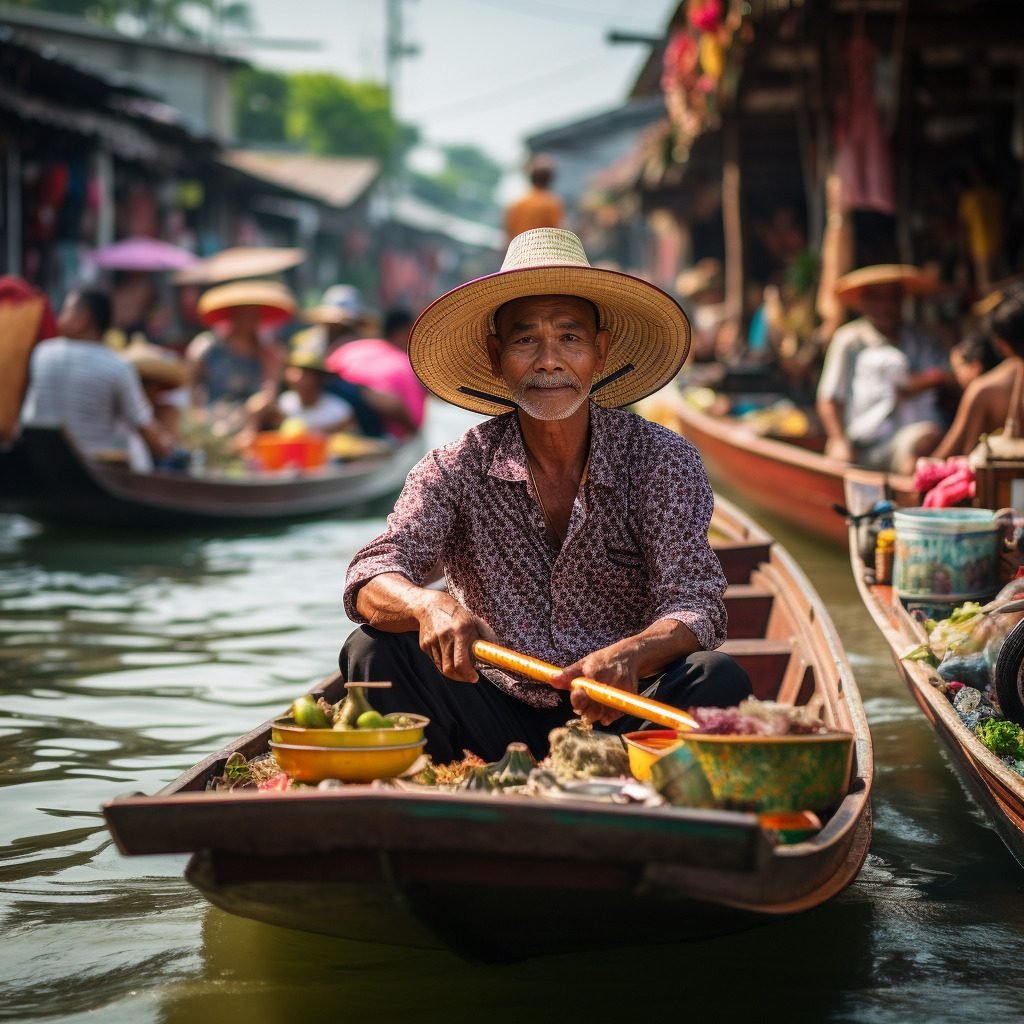Thailand: A Guide to the Local Customs and Etiquette
Please note that this article aims to provide valuable insights based on the principles of expertise, authority, and trustworthiness (E-A-T). However, it is always recommended to seek professional advice and refer to official laws and regulations when traveling to a foreign country.
Introduction
Traveling can be an exciting and enriching experience, allowing us to explore new cultures, meet interesting people, and broaden our horizons. However, it’s important to remember that each country has its own set of rules and cultural norms that should be respected. Ignoring or disrespecting these norms can not only lead to misunderstandings and uncomfortable situations but also can be seen as offensive in some cases. In this article, we will explore the key elements of Thailand’s rules and cultural norms, providing practical tips for travelers visiting the Land of Smiles.
Key Elements
Element 1: Politeness and Respect
Thais are known for their warm hospitality and friendly nature. Politeness is highly valued, and showing respect to others is deeply ingrained in Thai culture. It is customary to greet people with a “wai,” a pressing of palms together in a prayer-like gesture with a slight bow. Respecting elders and those in positions of authority is also important. Additionally, removing your shoes before entering someone’s home or a sacred place is often expected.
Element 2: The Monarchy
Thailand has a deep reverence for the monarchy, and any form of disrespect or criticism towards the royal family is considered a serious offense. It is crucial to exercise caution when discussing or expressing opinions on matters related to the monarchy. Public displays of disrespect or offensive behavior towards images or symbols of the royal family can result in severe legal consequences.
Element 3: Buddhist Temples and Religious Etiquette
Buddhism plays a significant role in Thai society, and there are numerous temples scattered throughout the country. When visiting a temple, it is essential to dress modestly, covering your shoulders and knees. Avoid touching or pointing at Buddha statues and images, as this is considered disrespectful. It is customary to remove your shoes before entering the temple and to maintain a quiet and respectful demeanor. Furthermore, women should be cautious of sitting or standing in a manner that may be seen as disrespectful to monks.
Element 4: Public Behavior and Appearance
Thailand places a strong emphasis on maintaining harmony and avoiding conflict in public spaces. Loud arguments or displays of anger are considered inappropriate and should be avoided. Public displays of affection can also be seen as offensive, so it is best to observe and follow the locals’ lead. Dressing modestly and covering tattoos in religious or sacred places is advised, as some tattoos may hold negative connotations or be considered disrespectful.
Element 5: Drug Laws
Thailand has strict drug laws, and the possession, trafficking, or use of illegal substances can result in severe penalties, including imprisonment or even the death penalty. It is essential to steer clear of any involvement with illegal drugs to ensure a safe and enjoyable stay in Thailand.
Tips for Traveling
- Dress Appropriately: To show respect for Thai culture, dress modestly, particularly when visiting temples or sacred sites. This means covering your shoulders and knees and opting for more conservative clothing choices.
- Mind Your Feet: In Thai culture, the head is considered sacred, while the feet are perceived as the lowest part of the body. Refrain from pointing your feet at people or sacred objects, and avoid touching others or using your feet to move objects.
- Be Mindful of Gestures: Some hand gestures that are innocuous in Western cultures can carry different meanings in Thailand. Educate yourself on local gestures to avoid inadvertently causing offense.
Try the Local Cuisine: Thai cuisine is renowned for its vibrant flavors and unique combinations. Be adventurous and try the local street food, but be cautious with hygiene. Opt for food stalls that have a good turnover and are popular among locals.
Respect the Natural Environment: Thailand is home to breathtaking natural beauty, including pristine beaches and majestic forests. Help preserve these landscapes by practicing responsible and sustainable tourism. Avoid littering and participate in organized clean-up activities if possible.
Disclaimer
Please note that this article is for informational purposes only. It is essential to research and familiarize yourself with official laws, regulations, and cultural norms before traveling to Thailand. Additionally, seek professional advice from reputable sources for comprehensive guidance and a safe travel experience.
By respecting the rules and cultural norms of Thailand, you can have a meaningful and rewarding journey in the Land of Smiles. Enjoy exploring this vibrant country and embracing its rich cultural heritage!



